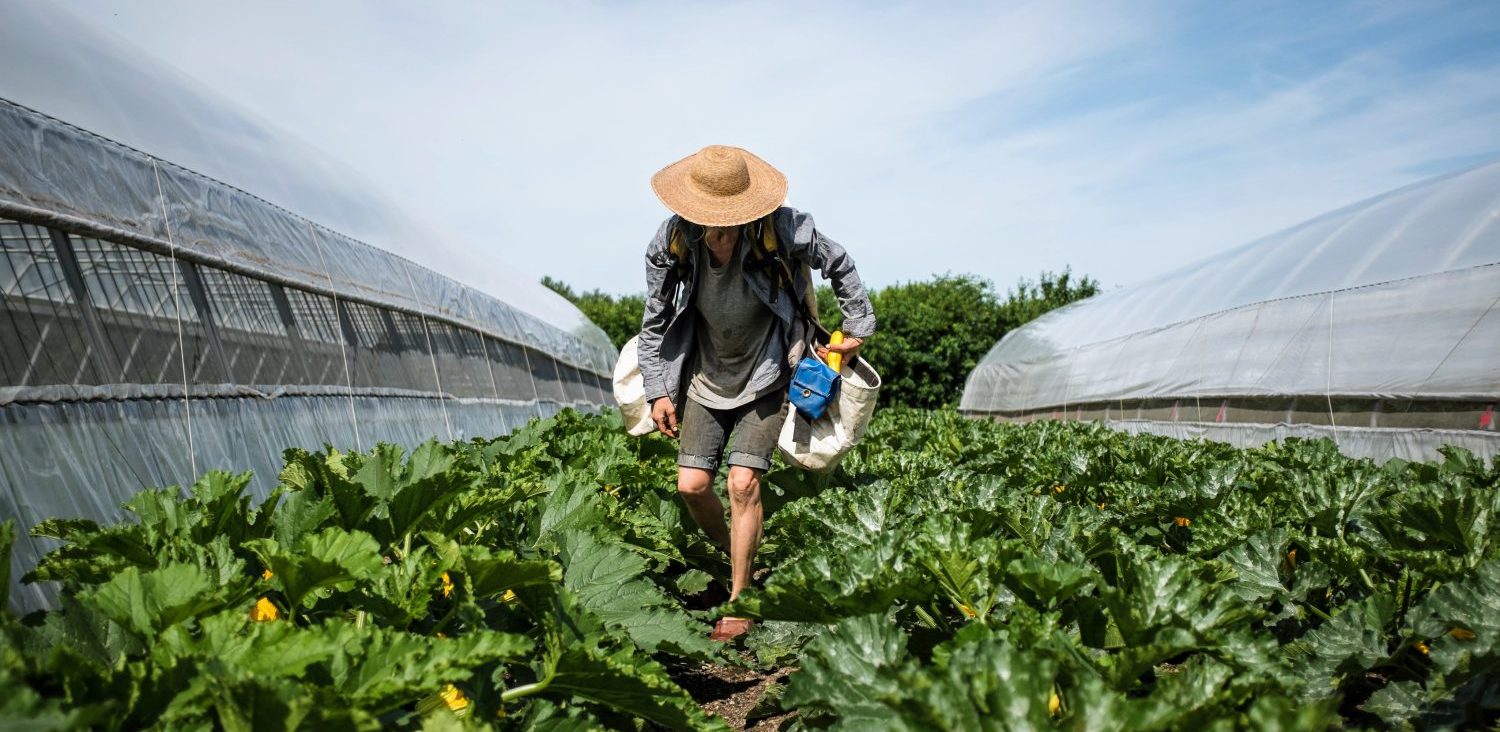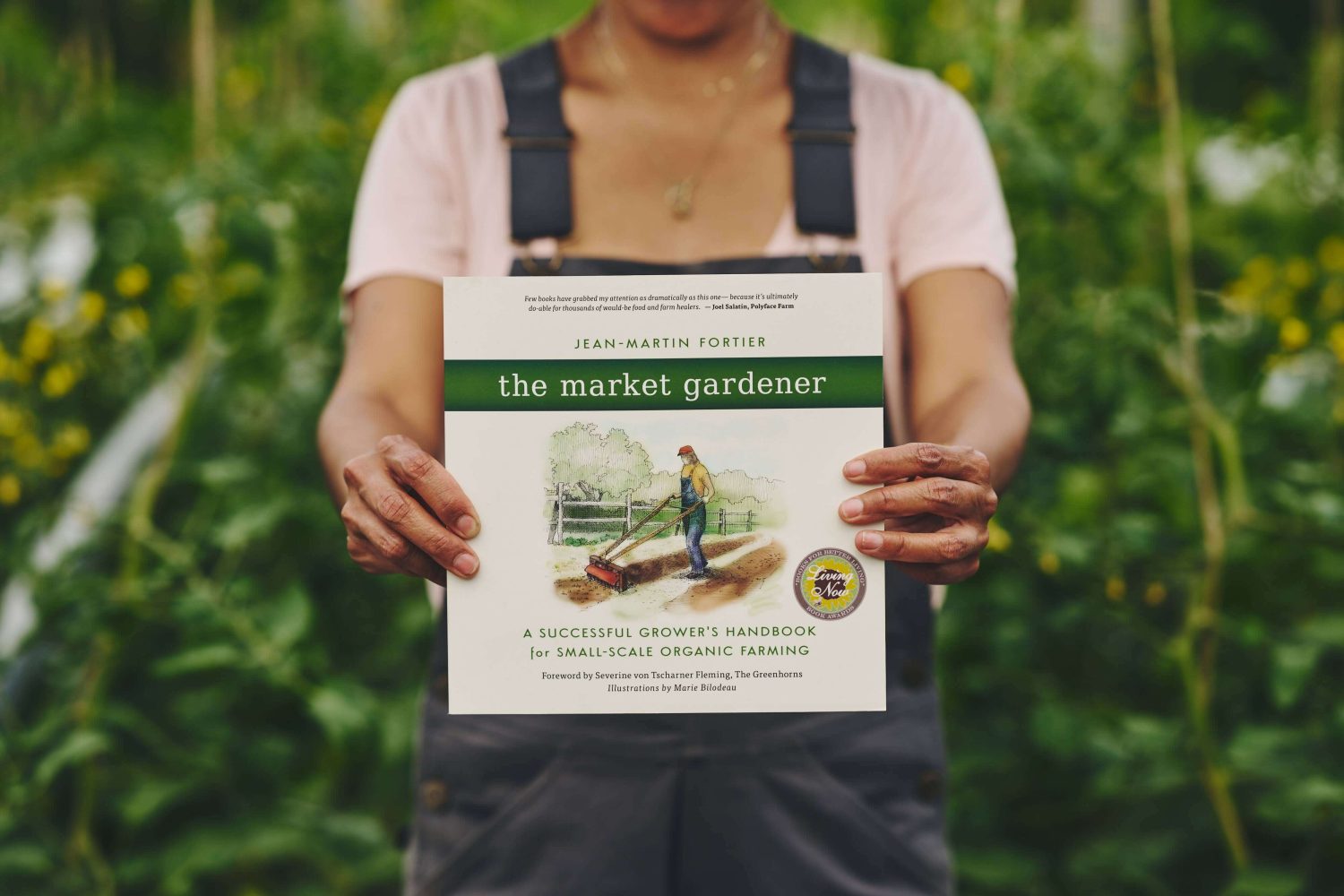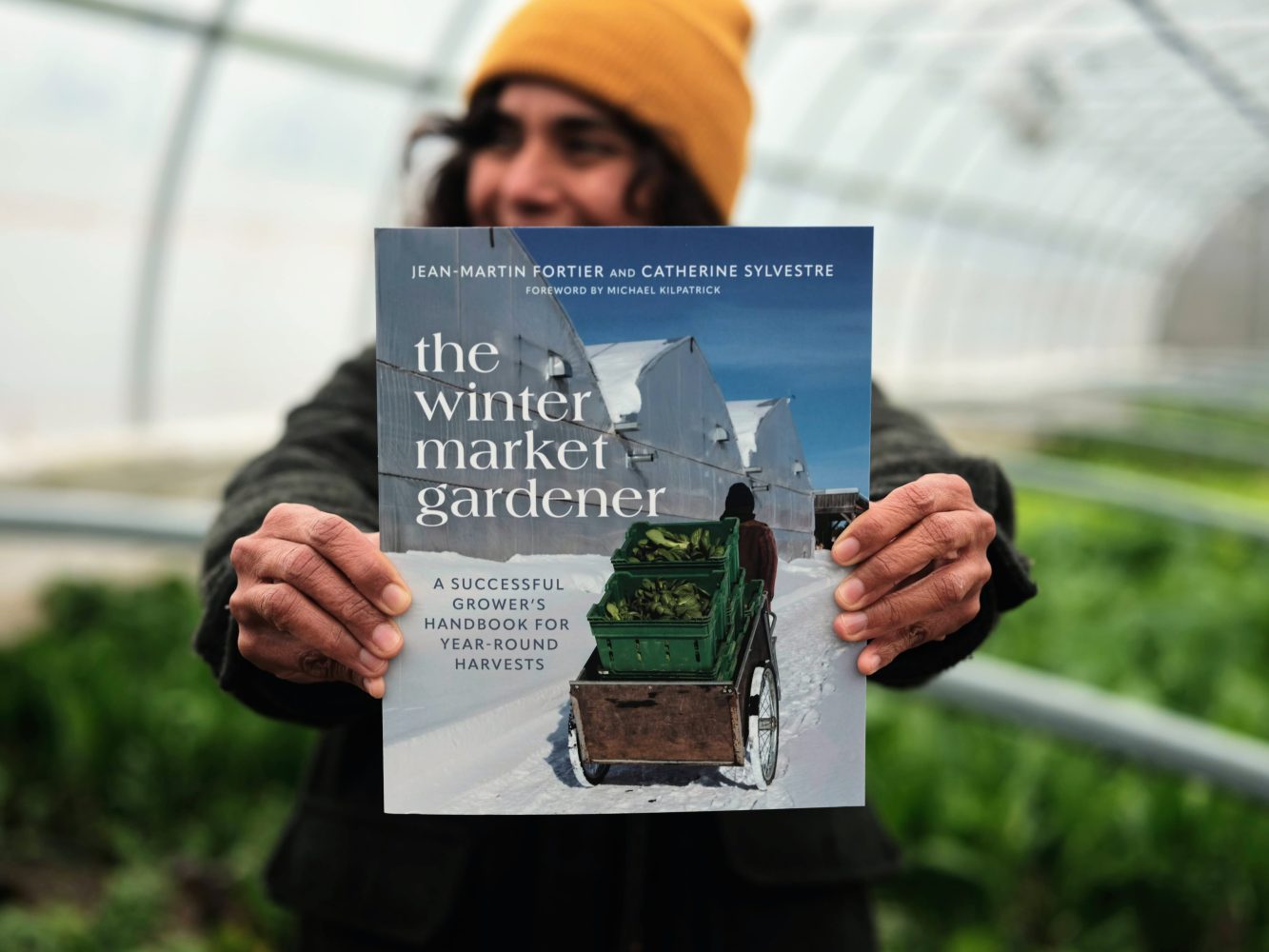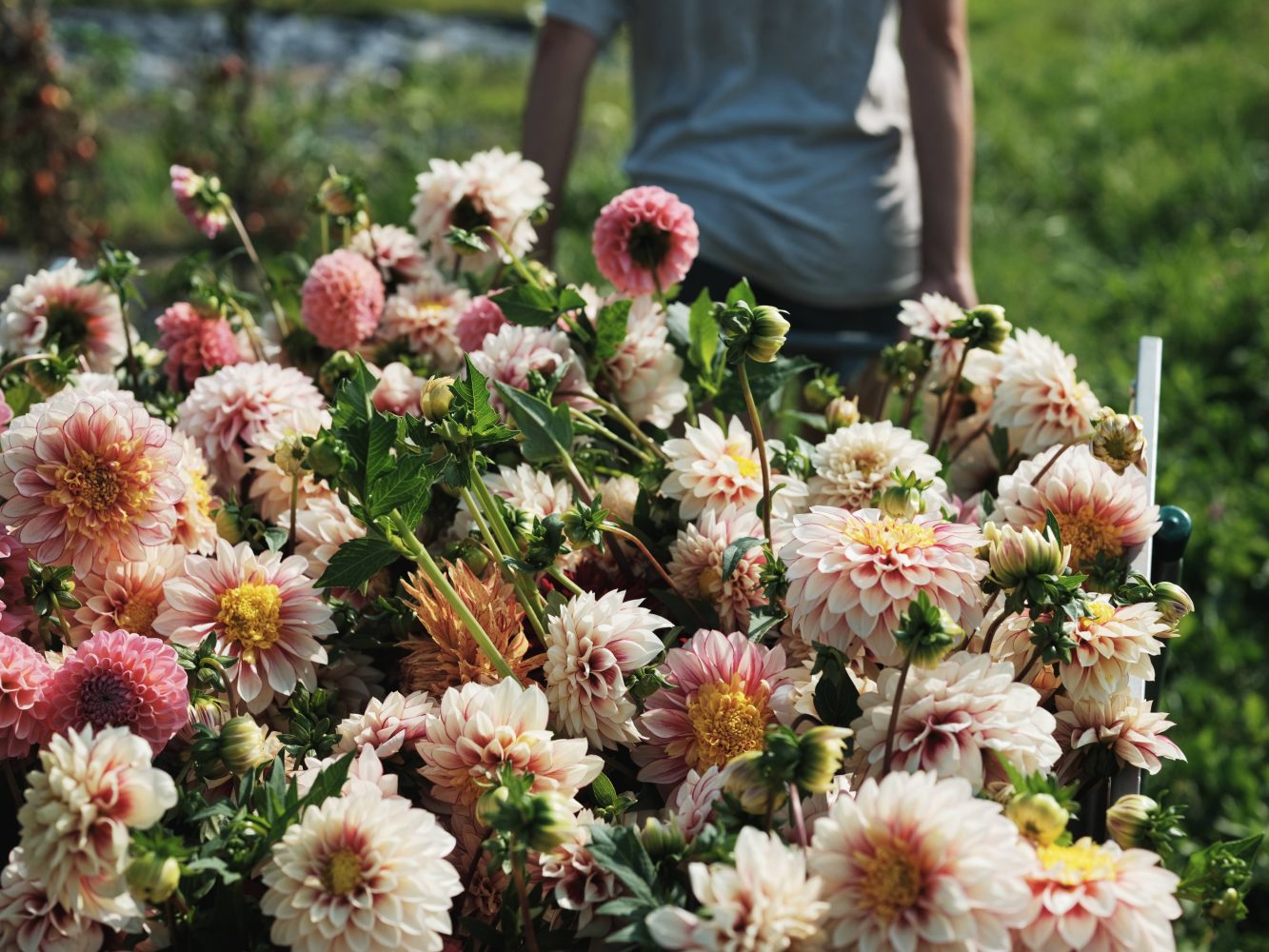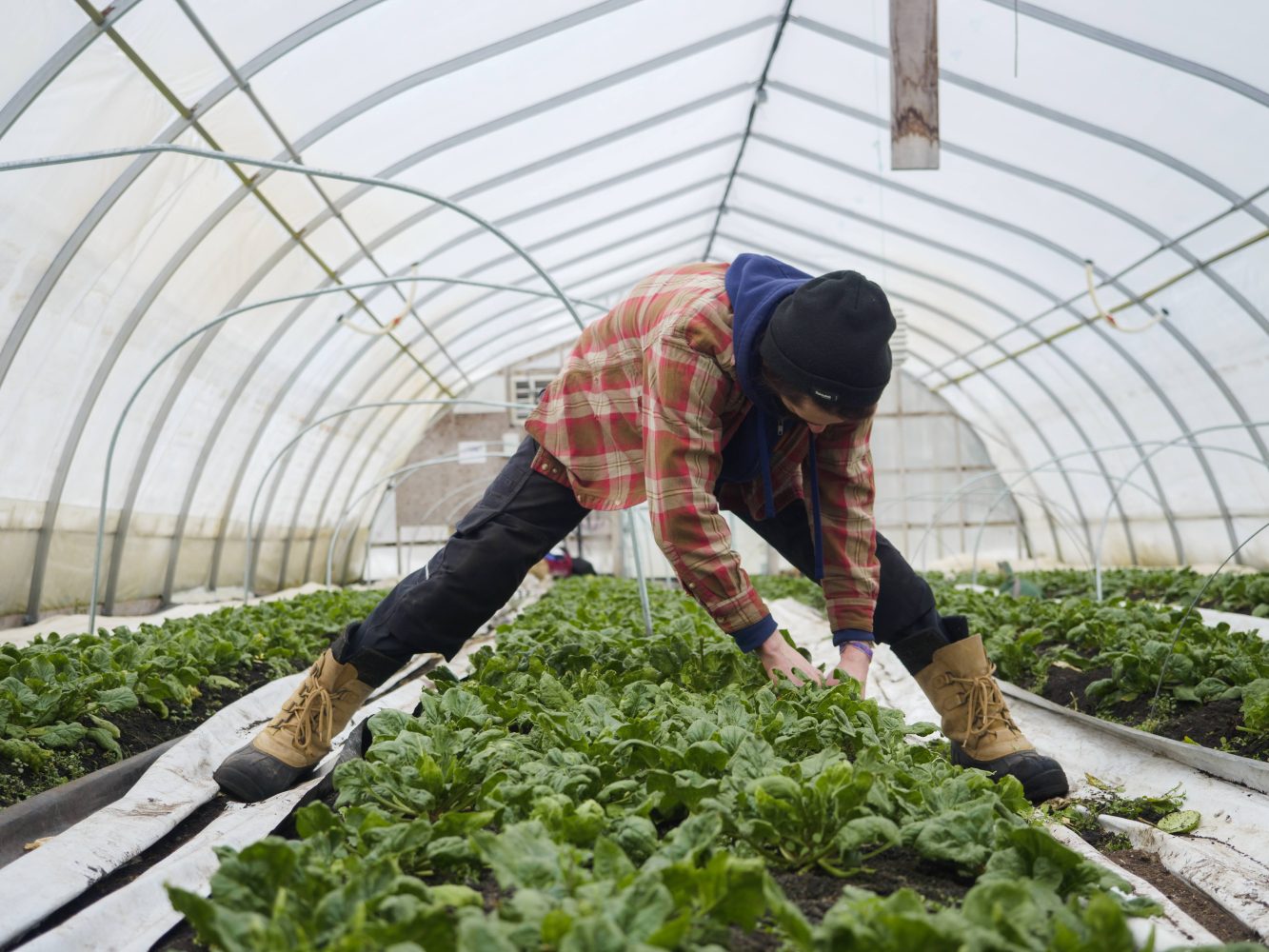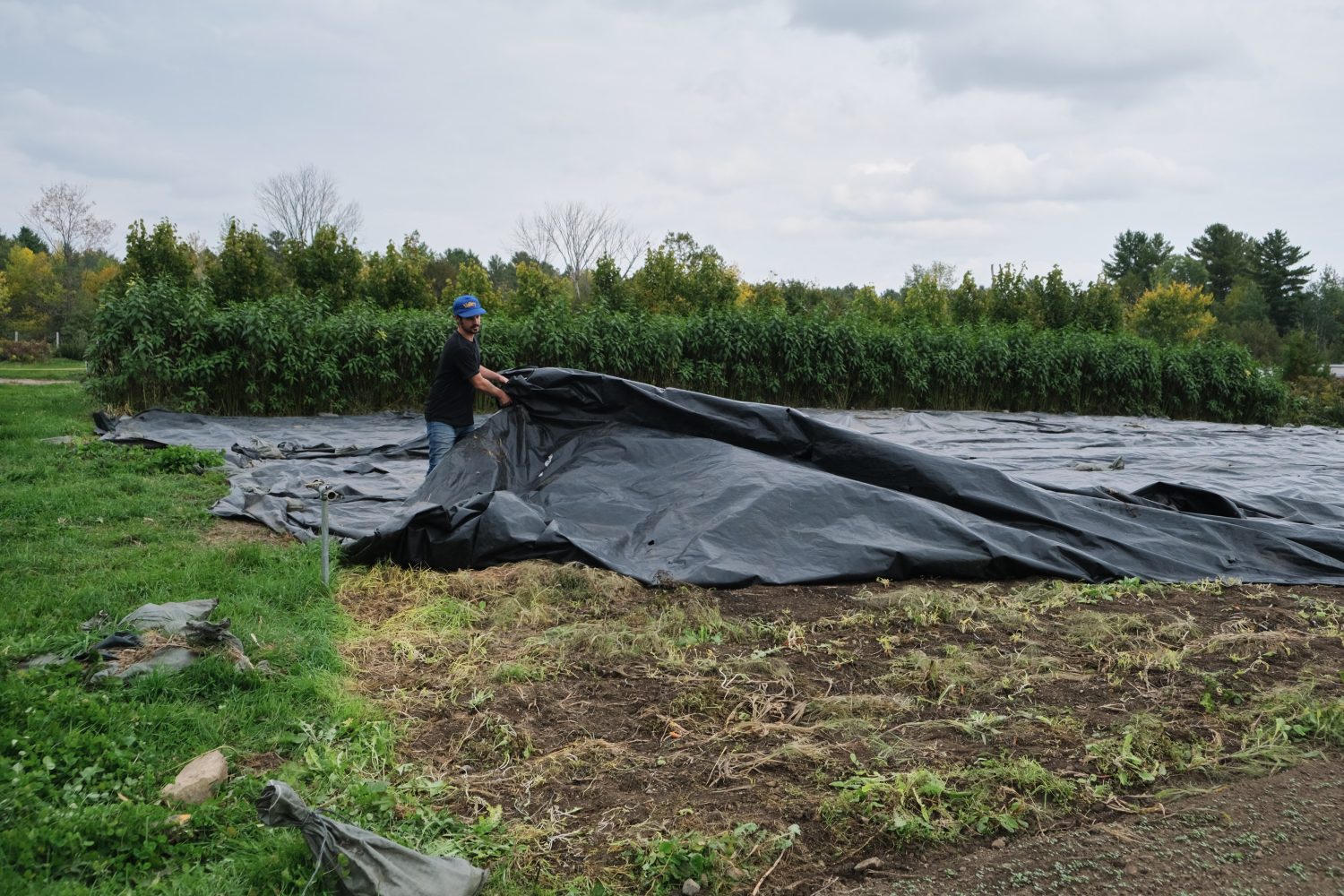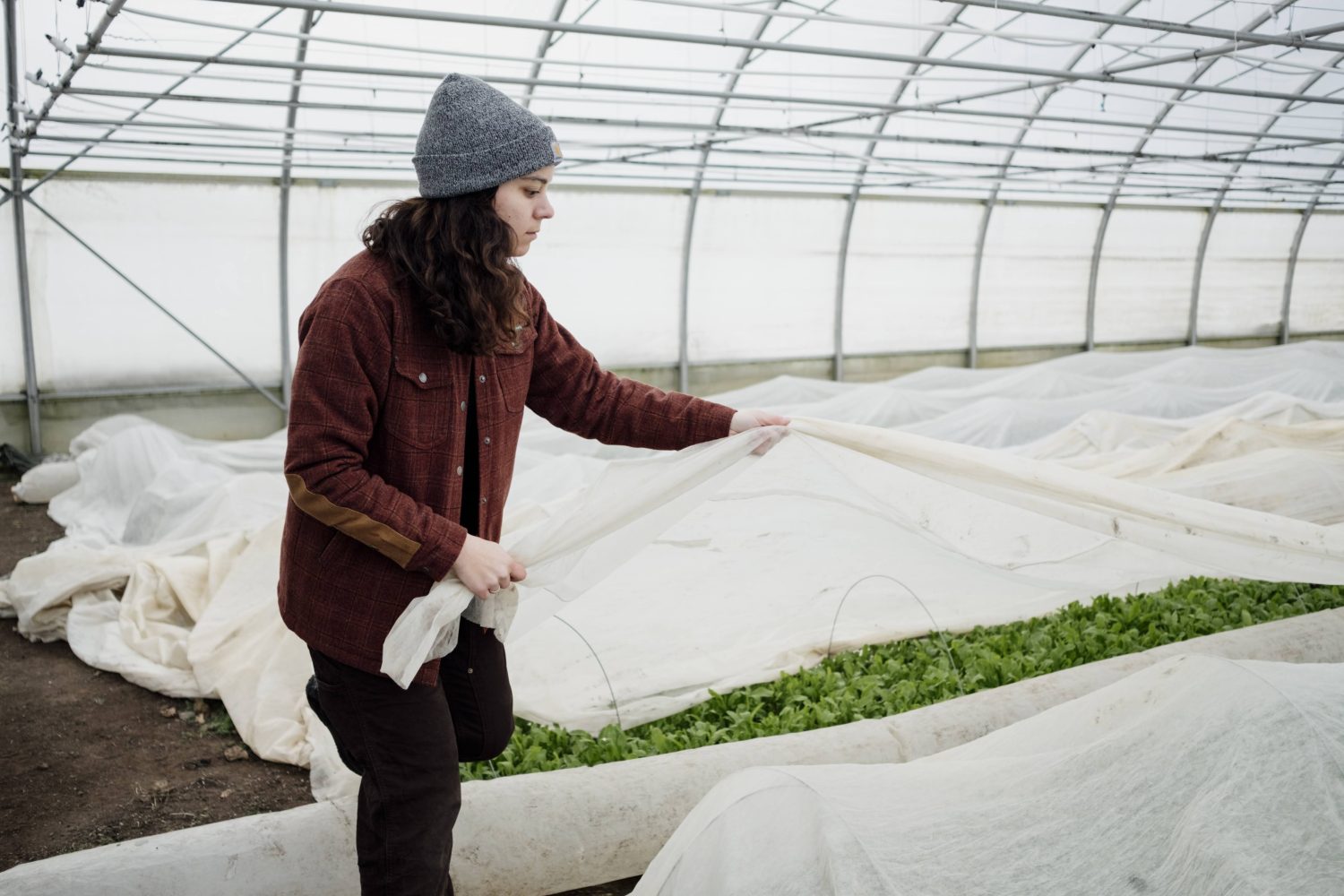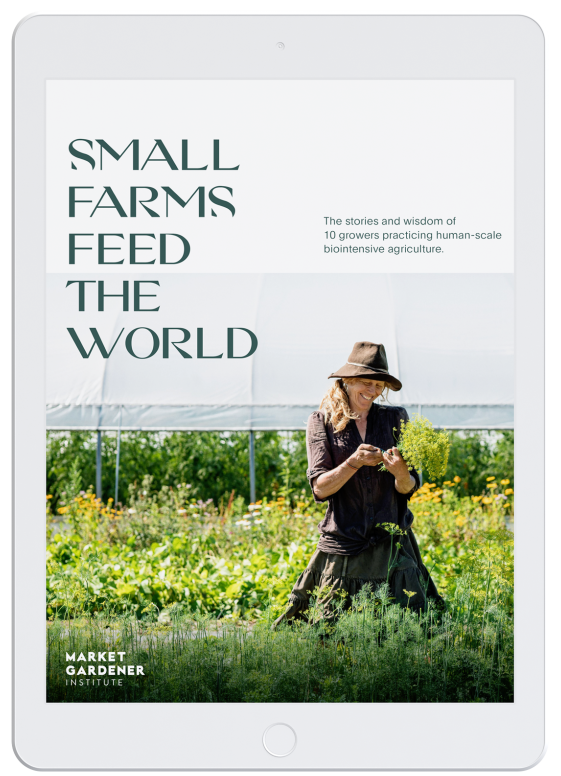Have you ever wondered why winter vegetables like spinach seem to taste sweeter than those bought in summer? Having personally noticed this difference on many occasions, I decided to look into it to understand it better.
Contrary to what you might think, winter-grown vegetables are naturally sweeter. This is not a myth, but a scientifically verified fact.
Natural defense mechanism
This increased sweetness is no accident. It’s a survival strategy for plants in the face of cold. In autumn, cold-adapted vegetables begin to concentrate sugar in their cells. This accumulation of sugar lowers the freezing point of the cells. This enables vegetables to gradually increase their resistance to temperatures well below zero.
Distinguishing a frozen crop from a dead one after severe cold
During the first cold spells, plants that have concentrated sugar in their cells will survive the frost, while others will perish. The difference lies in the fact that plants not adapted to the cold see the water in their cells freeze. This forms ice crystals that perforate the cell wall, causing irreversible loss of the crop.
In contrast, cold-adapted plants prevent the formation of ice crystals in their cells, thus preserving their contents.
So, while crops in an unheated greenhouse in winter may freeze, if they are adapted to the cold, they will stay alive. To differentiate between these two effects, all you have to do is look at the appearance of the crop. A crop that has died as a result of a hard frost has a wet, dark appearance. This effect is irreversible, and the crop is lost. On the other hand, a crop that has been frosted without damage will have an icy appearance that will return to its normal appearance as soon as the sun warms up the greenhouse.
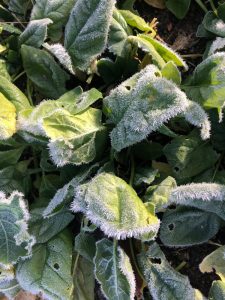
The important thing to remember here: don’t panic when you enter your cold greenhouses on a frosty January morning! The plants are frozen, but rarely dead. Just wait patiently for the first rays of sunshine to warm up the greenhouse. The plants will gradually return to their normal, healthy appearance!
How can I boost the resistance of winter vegetables?
As market gardeners, we can increase the cold hardiness of our crops. The key lies in gradual acclimatization to the cold. Deliberately expose your crops to the first frosts by leaving the sides of the greenhouses open, without covering the plants with row cover. For optimum acclimatization, repeat these steps for 5 to 7 days. This way, your plants will be ready to withstand the most extreme winter cold!
This method may seem risky, but it reinforces the plants’ natural resilience.
Acclimatizing winter vegetables
If you’re planning to plant new crops in the middle of winter, when temperatures are already below 0°C (32°F) outside the greenhouse, use the greenhouse heating for a smooth transition. Start with a temperature of around 10°C (50°F) when you first transplant your crops. Gradually lower the temperature over a few days before turning it off completely.
This transition period allows the plant to activate its winter defense system and make its cells sweet. Once this process is underway, the plant can defend itself against the cold!
This brief plunge into plant biology reminds us just how easy it is to grow vegetables when you work with nature rather than against it. Growing vegetables in winter by choosing varieties naturally adapted to the cold means we can harvest abundance while minimizing our energy impact. Cold greenhouses are a sustainable model, perfectly suited to our northern climates, offering the delight of naturally sweet winter vegetables.
Growing vegetables all year round
Winter growing is more art than science. To avoid a potentially costly learning curve, both monetarily and in terms of time, there’s a lot of value in investing in training. After several years of experience in the field, we’ve documented all our knowledge of winter growing in our course Winter Farming Strategies. If you run a small vegetable farm in a northern climate and want to produce vegetables year-round, this course will help you on your way.
Other resources about winter market gardening are also available:
